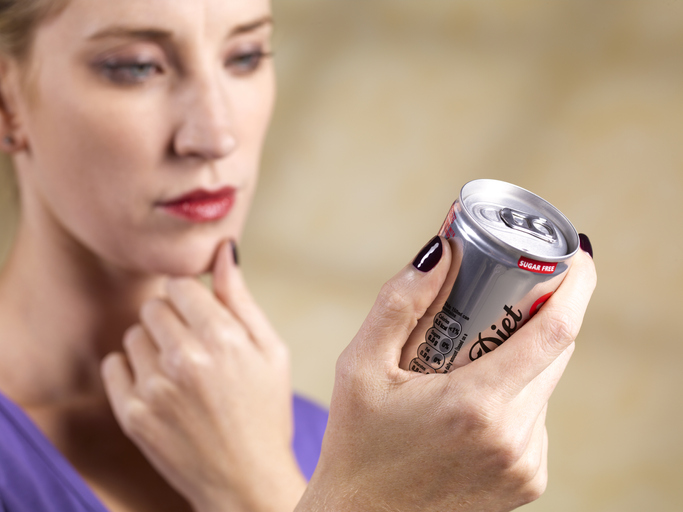California First U.S. State to Ban These 4 Potentially Harmful Food Additives

By Joy Stephenson-Laws, JD, Founder
Less than a year ago I wrote a blog about how California was trying to ban five food additives already banned in Europe. These five additives were:
- Brominated vegetable oil
- Potassium bromate
- Propylparaben
- Red dye no. 3
- Titanium dioxide.
Research has shown that these additives could potentially cause major health issues such as cancer and hormonal imbalance. I always suggest avoiding products which contain an ingredient you do not recognize or perhaps have difficulty pronouncing.
In recent news, which I was thrilled to hear about, California has become the first U.S. state to ban all of the ingredients listed above with the exception of the last one listed - titanium dioxide. I hope the rest of the United States follows California’s lead on this.
“Backers of the law say it doesn't mean popular products will suddenly disappear from store shelves, but rather that companies will have to tweak their recipes to be able to offer the same food and drink items with healthier ingredients,” according to this NPR report discussing the ban.
This is huge. If we can get companies to make changes for the sake of our health, this is a big win. Remember that they value our dollars, so we have more control than we may believe. Sadly, this ban in California will not take effect until 2027.
This does not mean that these processed foods are going to become healthy foods.Although processed foods without these potentially harmful additives might be less harmful, it does not mean that they are healthy foods. Healthy foods include whole, nutrient-dense foods such as fresh fruits and vegetables, legumes and wild-caught salmon. Think of one-ingredient foods. If you get a can of black beans, you are getting black beans (just be sure to check the labels as some brands might add oils or unnatural seasonings).

It is really best to avoid processed and ultra-processed foods as much as possible. Think of it this way. Consider your favorite candy, or better yet go to the store and look at the food label of your favorite candy. If you see that your candy does not contain any of the banned additives discussed above, that’s great, however, it does not mean that candy is good for you. It is still nutrient-void and contains a lot of sugar and likely other additives.
I think this news and blog is very timely, because the holidays are right around the corner. With the holidays, comes a lot of candy and perhaps indulging in processed foods. The good news is we can be proactive and make healthier choices. I highly recommend checking out these previous pH blogs:
- Yes, Halloween Can Be Fun & Healthy
- Have Your Pumpkin Pie and Eat it Too this Thanksgiving!
- 5 Tips for Holiday Eating If You Have Diabetes
- If Holiday Weight Gain Has You Counting the Days to January, This Will Help

I understand that it is not always feasible to make everything from scratch or never buy anything in a package, however, always look at your food labels. The less ingredients the better. You would be surprised, for example, how some pasta sauces contain way too much sugar or have inflammatory vegetable oils unnecessarily added to them. Fortunately, there are some brands that simply use just tomatoes and water.
Don't forget your supplements.
It is also a good idea to be mindful of the ingredients your supplements contain. Before you take any supplement, I highly recommend undergoing a comprehensive nutrient test in order to identify any imbalances or deficiencies. You can discuss your results with a competent healthcare professional who can help you make the necessary dietary changes and recommend quality supplements with safe ingredients if necessary.
Remember that diet is one of the most controllable and powerful tools we have in our proactive healthcare arsenal. Make good choices at each meal. If you don’t succeed with one meal, you have the opportunity to do better the next time you eat.
Enjoy your healthy life!
Disclaimer: This article is not intended to provide medical advice. Please consult with your doctor or another competent healthcare practitioner to get specific medical advice for your situation.
The pH professional health care team includes recognized experts from a variety of health care and related disciplines, including physicians, attorneys, nutritionists, nurses, and certified fitness instructors. This team also includes the members of the pH Medical Advisory Board, which constantly monitors all pH programs, products, and services. To learn more about the pH Medical Advisory Board, click here.







